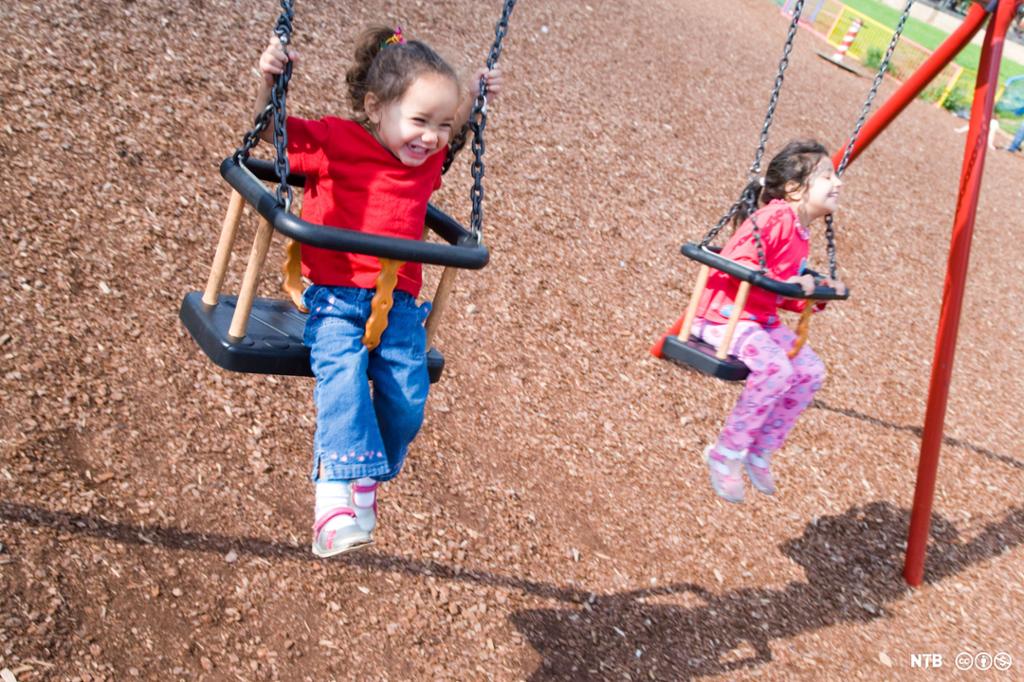Before listening, use the dictionary to check that you know the meaning of the following words: self-employed, trust, nursery, Ofsted = Office for Standards in Education, Chidren’s Services and Skills, agency, take their cut, petition.
A transcript of the interview
Could you start by telling me your name and your profession, please?
Yes. My name is Lucy Denny and I am a childcare worker.
And where do you work?
I work from my mum’s house and it’s a small company. I’m self-employed. We work together from her home.
Wonderful and whereabouts in the UK is that?
In Brighton, which is in the south.
Why did you choose this profession?
I’ve always been really interested in children. I'm very fond of children and I think they are really interesting and fascinating and you can learn loads from them. I think from a young age, I’ve always known that I wanted to work with children and I’ve done various jobs in this role. I started up my childminding business in 2006 and I’ve been doing it ever since then.
Fantastic. So what would you say a normal day is like for you?
The children arrive at nine o’clock – the younger children. We help settle them in and help their parents leave without them being upset and get them involved with things. Normally we have a mid-morning snack and then they play. It’s very child-led, so the children ask what they would like to do and they know everything that we have. All of the toys and the puzzles in the garden. And then we normally have lunch at about 11.30 or 12, depending on how tired the children are. Then after lunch, some of the children have sleeps. And they play more in the afternoon. Then we collect the older children from school at three o’clock and we either come home for hot chocolate and bread and ice lollies, or we go to the park if the weather is nice. We have dinner at about five o’clock and the children’s parents come at six o’clock. And that’s the end of our day.
A busy day?
Yes, a very busy day. There’s always something going on.
So generally, what personal qualities do you think you need to be a childcare worker?
I think you need to mainly have loads and loads of patience, for lots of different reasons. But to be warm and friendly and caring, so that the children can connect to you and feel like you’re somebody they can trust and feel comfortable with. So that parents can feel safe and happy that their children are going to be well looked after and that they can trust that they’re in a safe and happy environment.
Great. Can you describe perhaps a service that you provide?
Yes, we provide loads of different services, but some examples would be first of all, settling in new children, which for some children is very quick and easy. But for some children, especially much younger children, it can be quite a long and tricky process. And for the parents as well, it can be quite hard. We offer advice to parents, or anybody that needs it. We help support toilet training. When children get to the stage when they are starting it at home, we support that here. We help children prepare for school or nursery.
So what do you like best about your job?
Well, we’re very lucky to have such lovely children. We really grow to love the children and they’re just fantastic. They are very funny and no day is the same as any other day and the things that the children do or say, just brilliant.
What do you like least about your job?
There is a lot of paperwork to be done. Also, planning – short-term, medium-term, long-term planning. Also we are inspected by OFSTED, who are the governing inspectors. And also, when the children move on and they stop coming, that can be very sad. It’s a nice thing that they are moving on, but it can be a sad part of the job. When you are so used to seeing them regularly and then they don’t come anymore.
How do you think childcare might change in the future?
The government are thinking about making childminders be controlled by agencies. So as a parent, you would go to an agency and ask to be set up with a childminder and the agency would place the child with a childminder. So it wouldn’t be the choice of the parent or the childminder, which I think would be a terrible idea. And also childminders then wouldn’t be self-employed and I’m not sure who would pay for the agency. Whether the parents would be charged more, or whether the childminders would take a cut in pay for that. Basically, I think, if it did come into play, which there’s been huge petitions against, I think most childminders would stop childminding, if that was to be the case.
Difficult times ahead?
Yes.
Where do you see yourself in the future?
Ideally, I would still like to be childminding, because I’m very lucky to have such a lovely job. And I do really enjoy it, but as I previously said, if these changes come into place, which I personally believe are going to have a negative effect on childminding, then perhaps I would have to find a job, still with children but in a different role, unfortunately. But hopefully, the government will listen to the voices of the people actually doing the childcare jobs and do the right thing.
